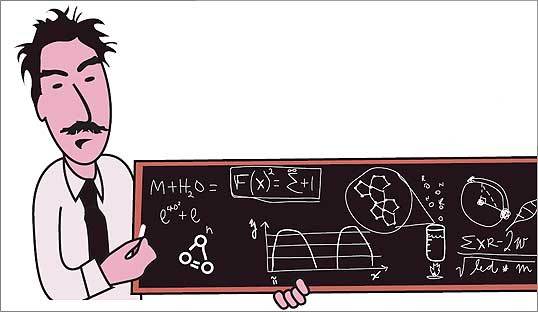Earlier this month, the Pew Research Center and the American Association for the Advancement of Science unveiled the latest embarrassing evidence of our nation’s scientific illiteracy. Only 52 percent of Americans in their survey knew why stem cells differ from other kinds of cells; just 46 percent knew that atoms are larger than electrons. On a highly contentious issue like global warming, meanwhile, the gap between scientists and the public was vast: 84 percent of scientists, but just 49 percent of Americans, think human emissions are causing global warming.
Scientists are fond of citing statistics such as these in explaining conflicts between the public and the scientific community. On politicized issues like climate change, embryonic stem cell research, the teaching of evolution, and the safety of vaccines, many Americans not only question scientific expertise but even feel entitled to discard it completely. The reason, many scientists infer, is that the public is just clueless; perhaps we wouldn’t have these problems if the average citizen were better educated, more knowledgeable, better informed.
Yet while scientific illiteracy is nothing to shrug at, the truth is that it’s only part of a broader problem for which scientists themselves must shoulder a significant portion of the responsibility. Decrying ignorance and scientific illiteracy, many scientists treat their fellow citizens as empty vessels waiting for an infusion of knowledge. That is exactly wrong, and exactly why so many people, in turn, see science and scientists as distant, inscrutable, aloof, arrogant. Rather than blaming, scientists ought to be engaging with the public, trying to personally make their knowledge hit home and to instill by example (rather than from a distance) the nature and virtues of the scientific mindset - while also encouraging average Americans to ask their own questions and have their say. Scientists must make it clear that while they don’t have all the answers, science is about searching for the truth, an imperfect process of doing the best one can with the information available, while knowing there is always more to learn - the epitome of humility.
Source

